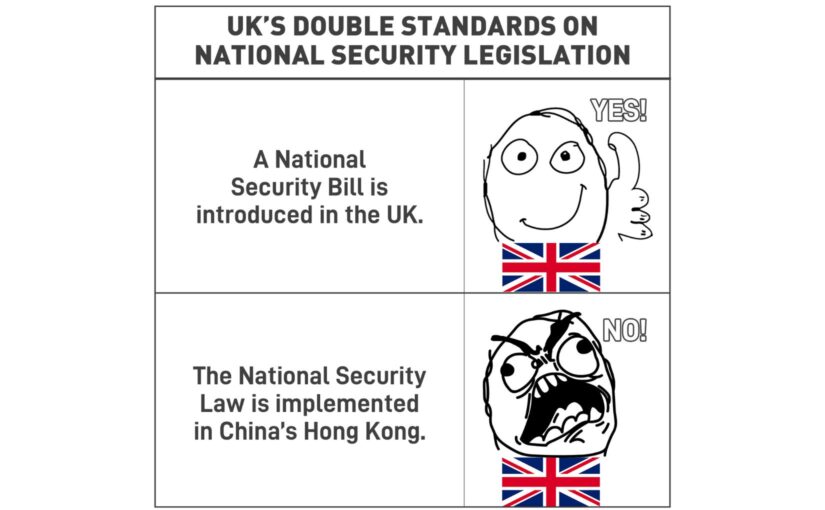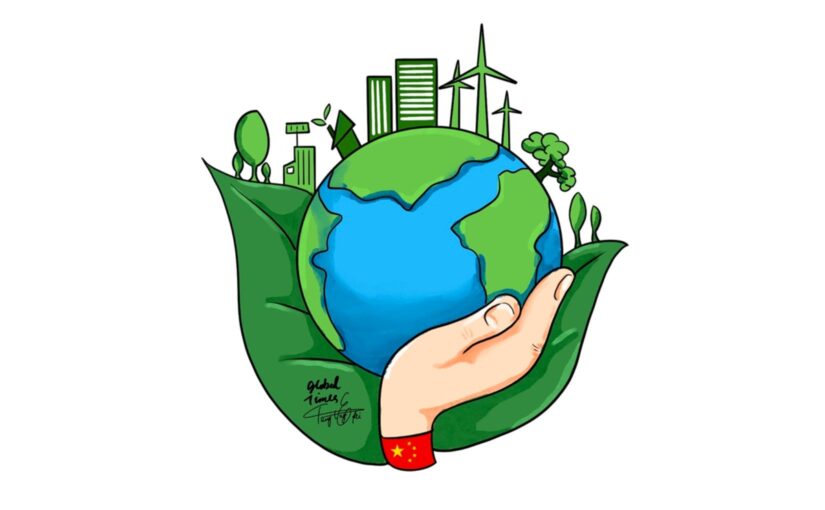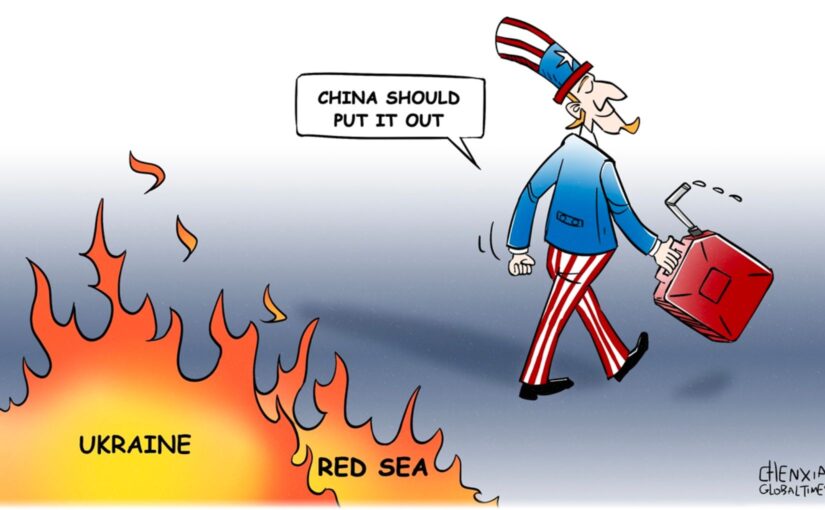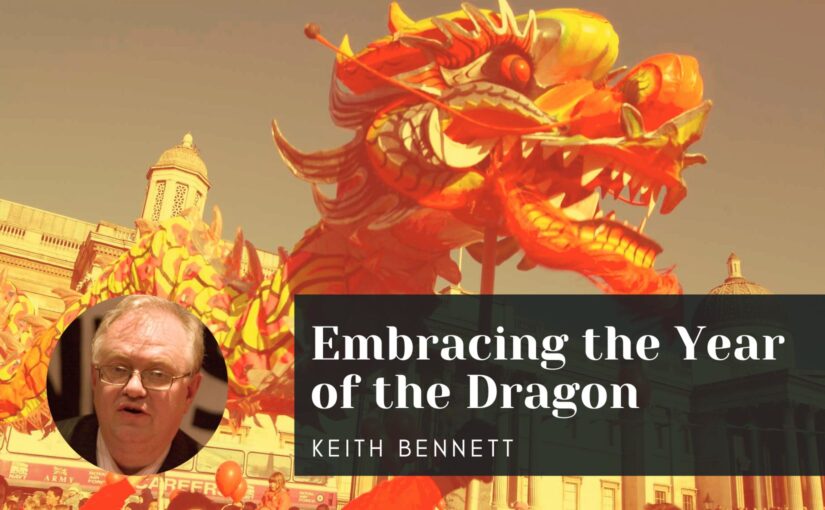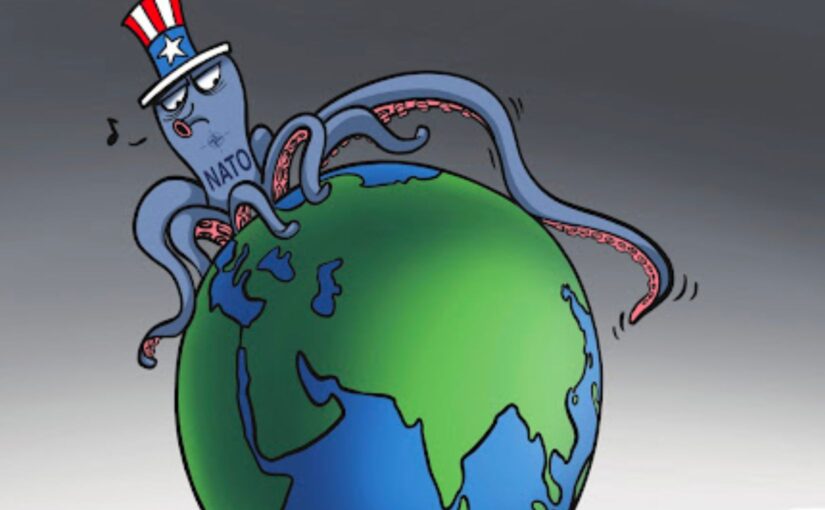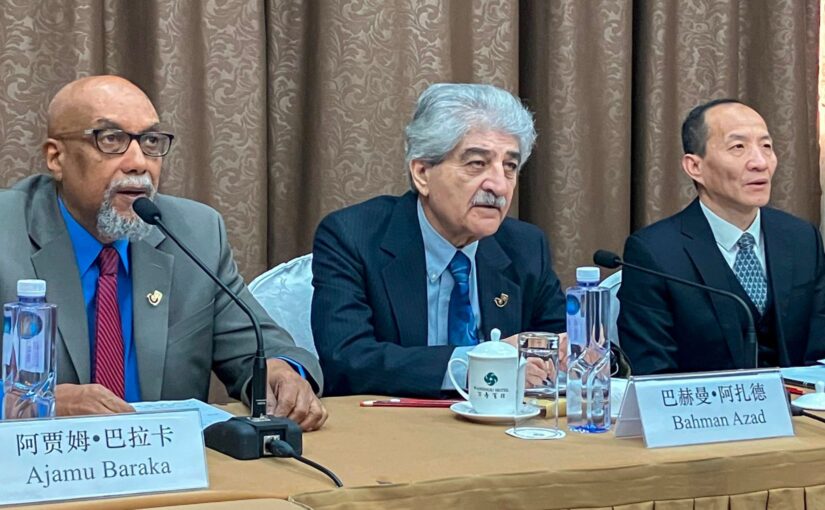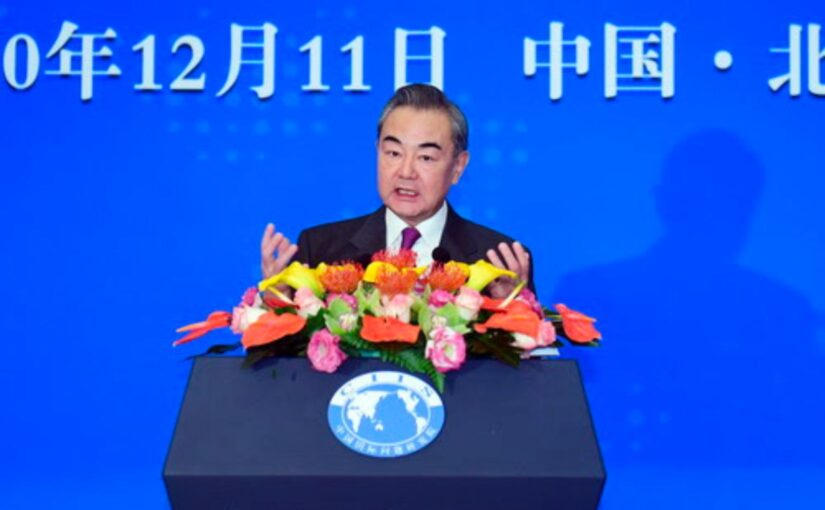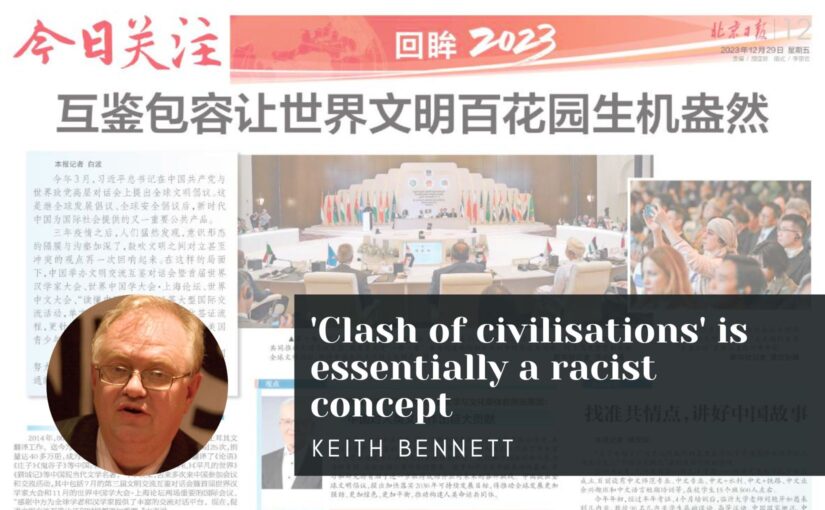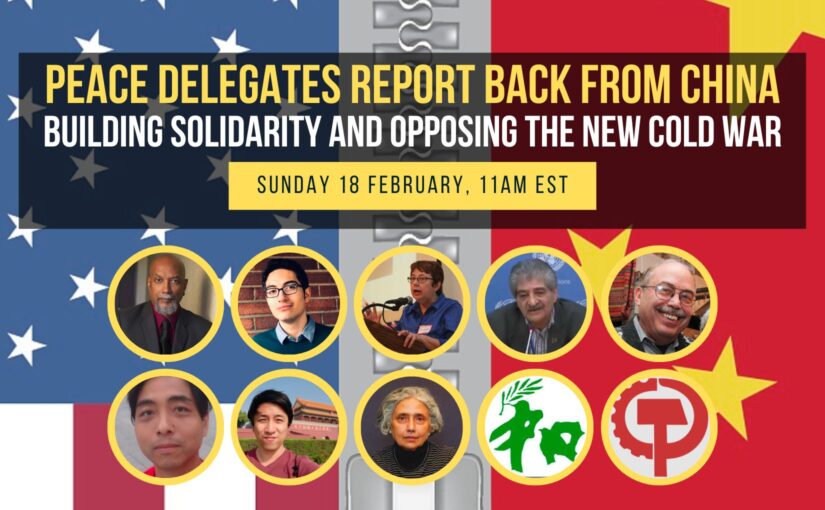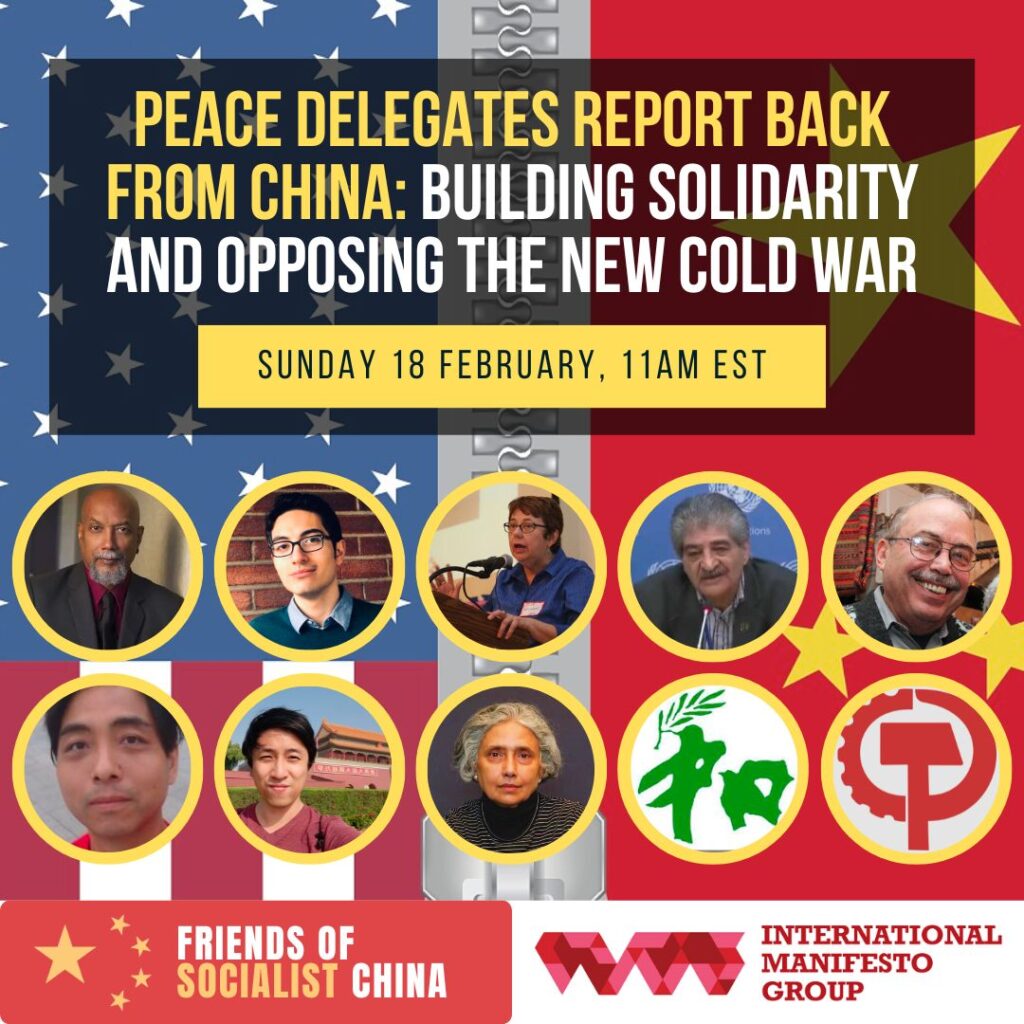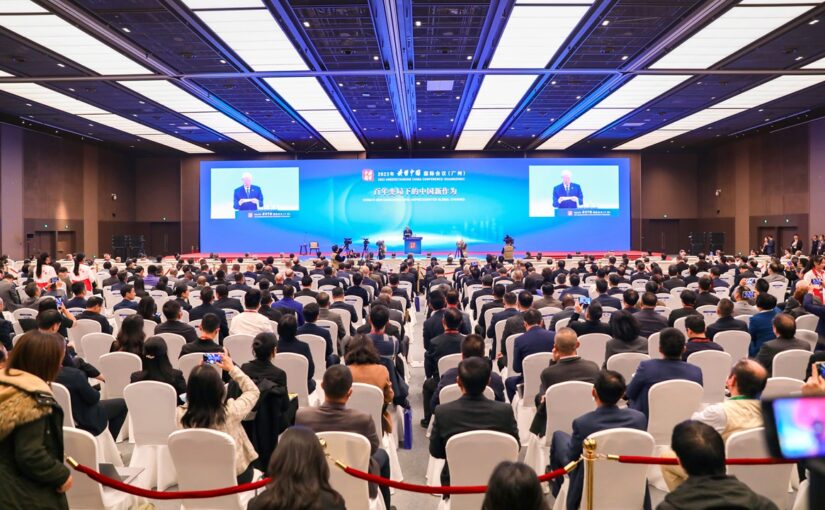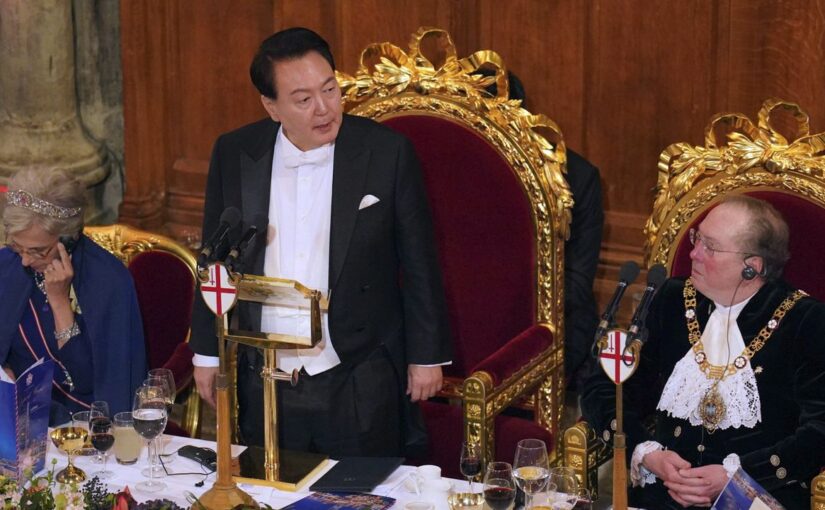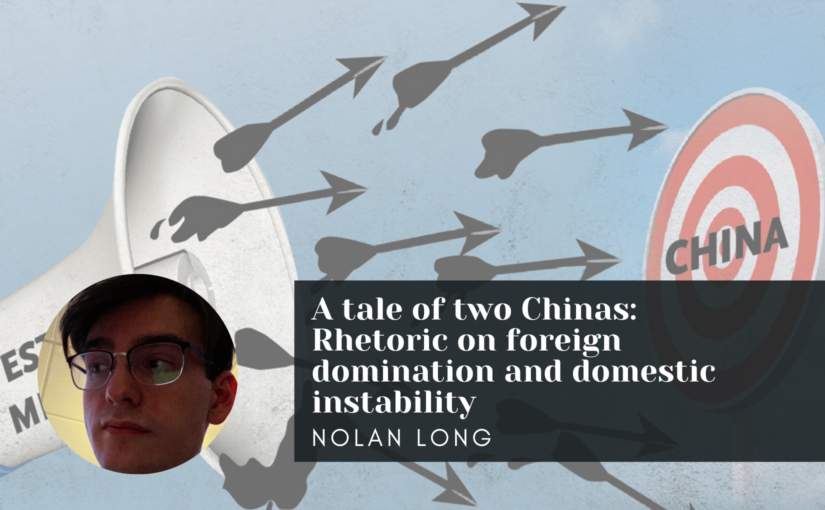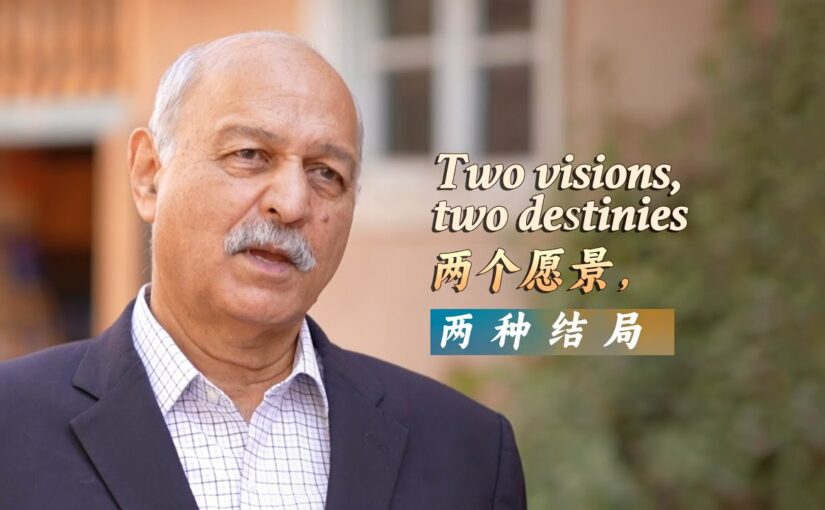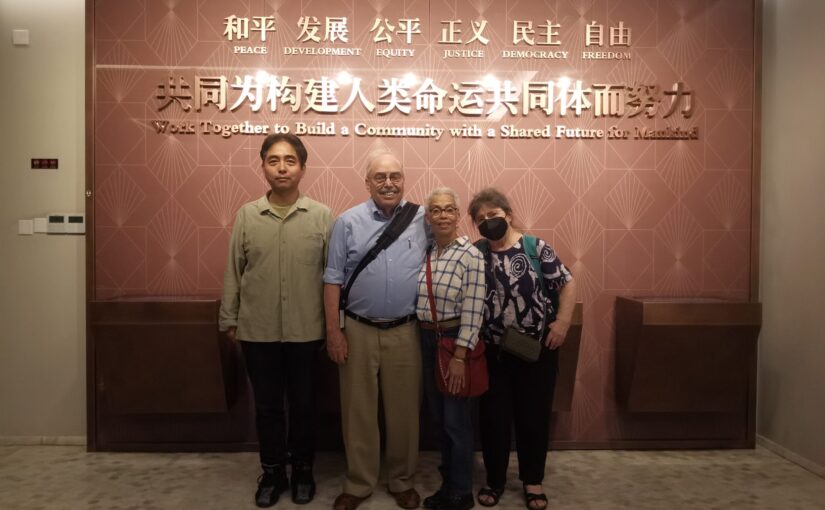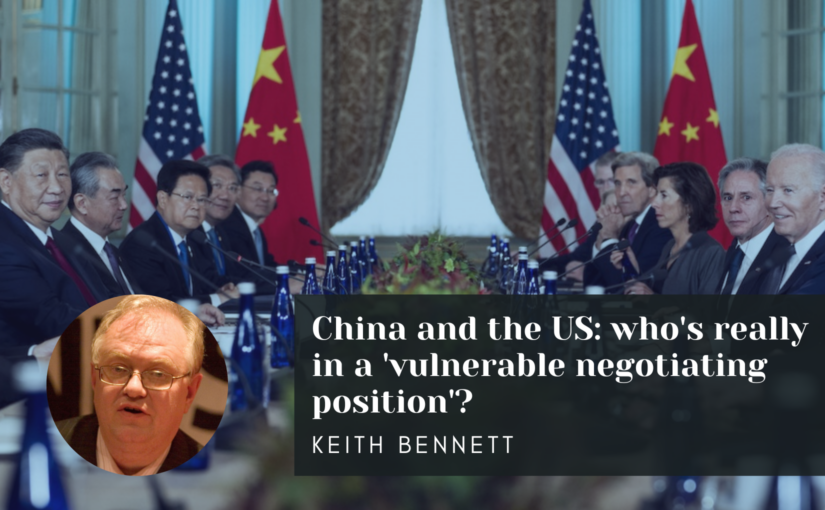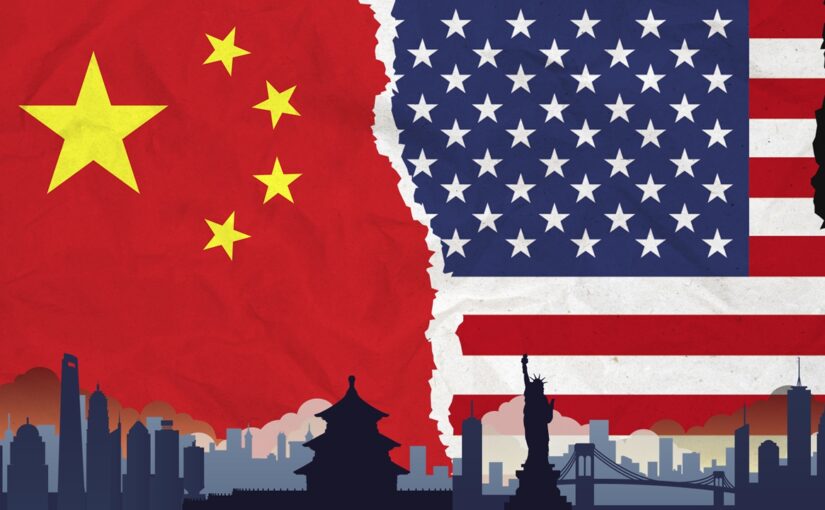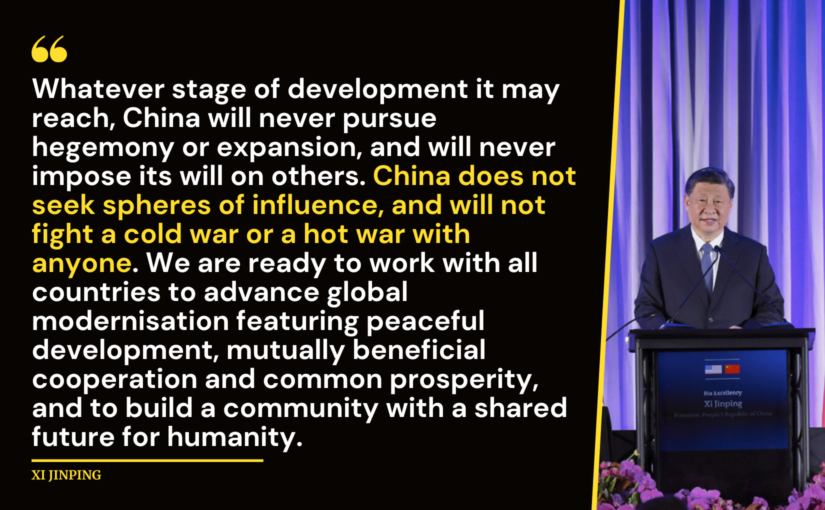In the following article, which was originally published in the Global Times newspaper, a Chinese analyst explains that the moves by the British police to establish a new unit to counter supposed threats posed by China, Russia and Iran is actually an attempt to shift the blame for the UK’s present predicament while blindly following the United States.
According to Zhang Jian, vice president of the China Institutes of Contemporary International Relations (CICIR), in the past few years, especially after Brexit, the UK has faced numerous difficulties, including economic underdevelopment and a domestic cost of living crisis:
“The ruling Conservative Party has been unable to address these problems and has instead blamed external factors, such as countries like China and Russia.”
Some extreme right-wing members of the Conservative Party are constantly seeking out the so-called threats and enemies after Brexit in order to divert public attention, he noted. “Especially with the upcoming general election in the UK, the issues of the Conservative Party’s ineffective governance are becoming more prominent, prompting them to work harder to blame their problems on foreign countries.”
The article further notes that police investigations into previous claims that China was supposedly operating “secret police stations” from businesses owned by members of the Chinese community in such places as Hendon in north London, Croydon, south of London, and Glasgow in Scotland, had concluded that there had been no illegal activity.
In response to the reports that British police are establishing a new unit to “counter threats posed by China, Russia and Iran,” Chinese experts on Sunday pointed out that the UK intends to shift the blame for its domestic underdevelopment issues onto foreign countries while blindly following the US’ diplomatic policies.
According to media reports, the UK police said on Friday that they had set up the new unit as they were very concerned about “risks ahead of a national election expected this year.” Matt Jukes, the UK’s head of counter-terrorism policing, said the evidence and the sense among his officers was that the challenge posed by hostile states was “greater now than since the days of the Cold War,” Reuters reported.
However, this move by the British security agencies, especially the naming of certain countries, is only to shift the focus from the government’s inability to handle domestic affairs to external issues, rather than being based on justified security considerations, Chinese analysts told the Global Times on Sunday.
In the past few years, especially after Brexit, the UK has faced numerous difficulties, including economic underdevelopment and a domestic cost of living crisis, Zhang Jian, vice president of the China Institutes of Contemporary International Relations, told the Global Times.
“The ruling Conservative Party has been unable to address these problems and has instead blamed external factors, such as countries like China and Russia,” Zhang said.
Some extreme right-wing members of the Conservative Party are constantly seeking out the so-called threats and enemies after Brexit in order to divert public attention, he noted. “Especially with the upcoming general election in the UK, the issues of the Conservative Party’s ineffective governance are becoming more prominent, prompting them to work harder to blame their problems on foreign countries.”
Observers pointed out that the Conservative Party has been leaning toward the US in its post-Brexit foreign policy, and the establishment of an anti-China unit is part of that policy.
“This is because after Brexit, the UK has had to rely more on the US,” Zhang told the Global Times on Sunday.
The UK enacted a national security act in December 2023, which the government stated “will help ensure that the UK remains the hardest operating environment for malign activity undertaken by foreign actors.” Before the act was enacted, the UK has repeatedly accused China of stealing its information or operating unofficial agencies in the country, which China has firmly opposed.
The claim that the Chinese side is suspected of “stealing British intelligence” is completely baseless and malicious slander, said a spokesperson of the Chinese Embassy in the UK in September 2023.
“We urge the relevant British authorities to stop manipulating anti-China politics and cease this self-directed political farce,” said the embassy in a statement.
Earlier in April 2023, the Chinese Embassy in the UK also made it clear that there are no so-called Chinese overseas police stations. “It is important that some from the UK side respect the facts rather than spread false accusations,” said an embassy spokesperson.
In June, a police investigation into “secret Chinese police stations” in London has concluded that “no criminal activity” has taken place, according to the BBC.
